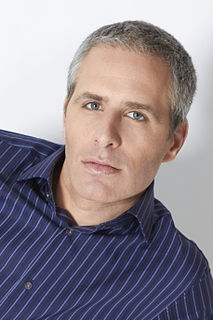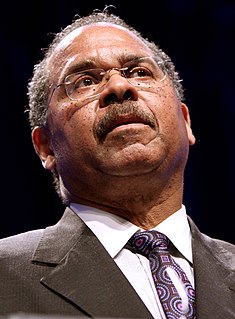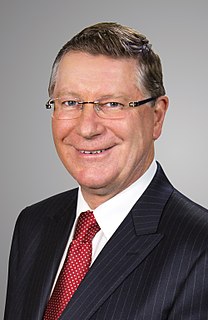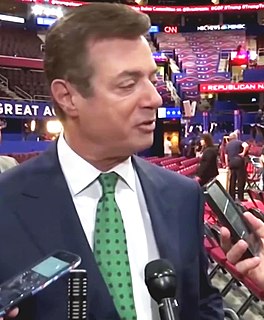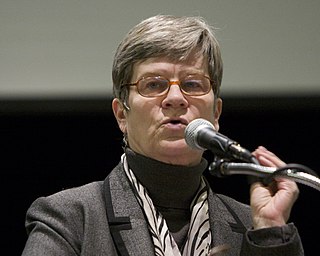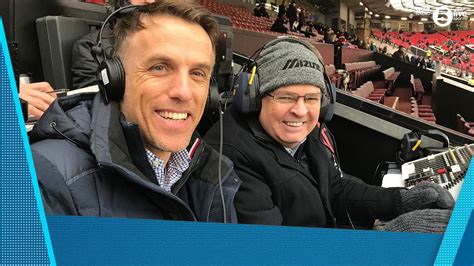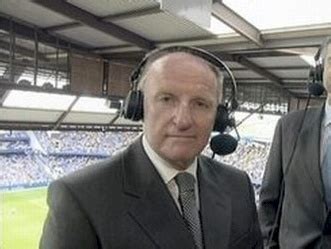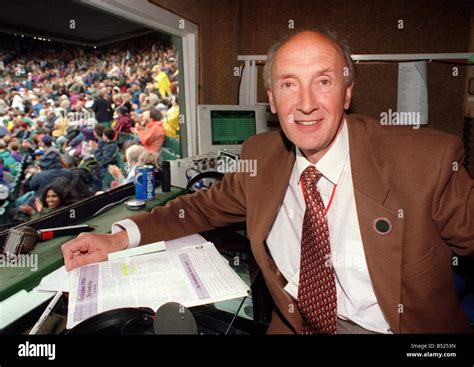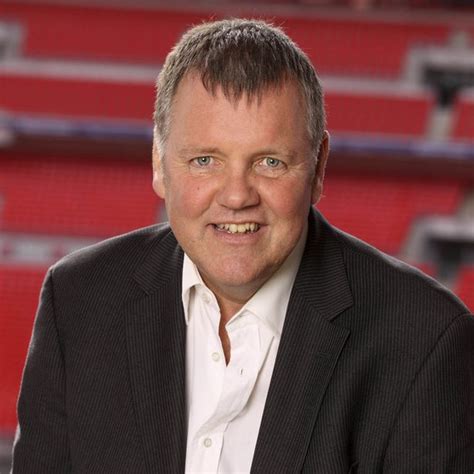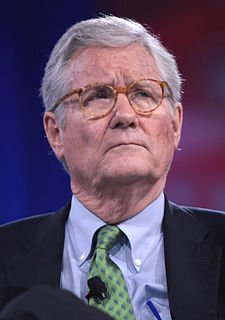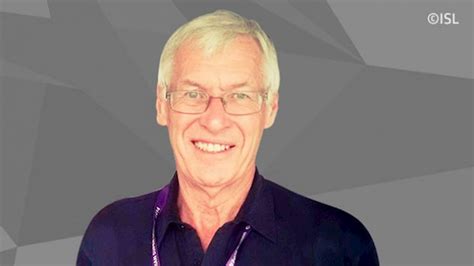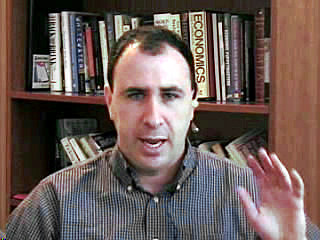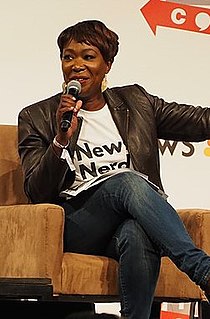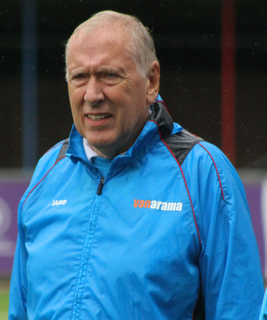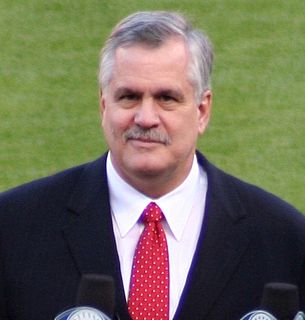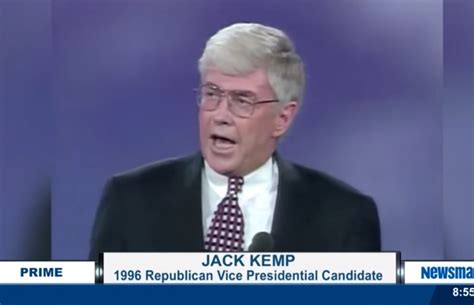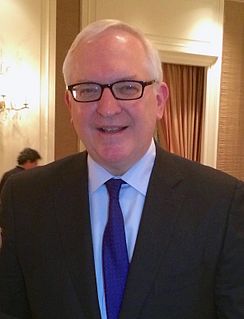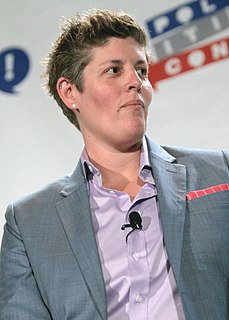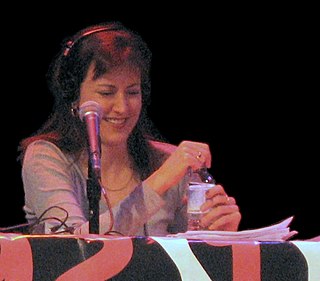A Quote by David Sirota
Most often the electorate votes for change.
Quote Topics
Related Quotes
In 2012, those French Muslim people voted massively for Francois Hollande against Nicolas Sarkozy. With the results of elections getting even tighter, those votes can make the difference. I am obviously not in favour of a "community electorate," however, pressure is so great on them that I can easily understand how it can affect their votes.
The average man votes below himself; he votes with half a mind or a hundredth part of one. A man ought to vote with the whole of himself, as he worships or gets married. A man ought to vote with his head and heart, his soul and stomach, his eye for faces and his ear for music; also (when sufficiently provoked) with his hands and feet. If he has ever seen a fine sunset, the crimson color of it should creep into his vote. The question is not so much whether only a minority of the electorate votes. The point is that only a minority of the voter votes.
The Indian voter today is very mature. He votes in one fashion in the Lok Sabha elections, he votes in a different manner in the State Assembly elections. We have seen this. In 2014, the General Elections conincided with the Odisha Assembly elections. The same electorate gave one judgement for Odisha and another judgement for Delhi. So this country's voter is very mature and we should trust his maturity.
